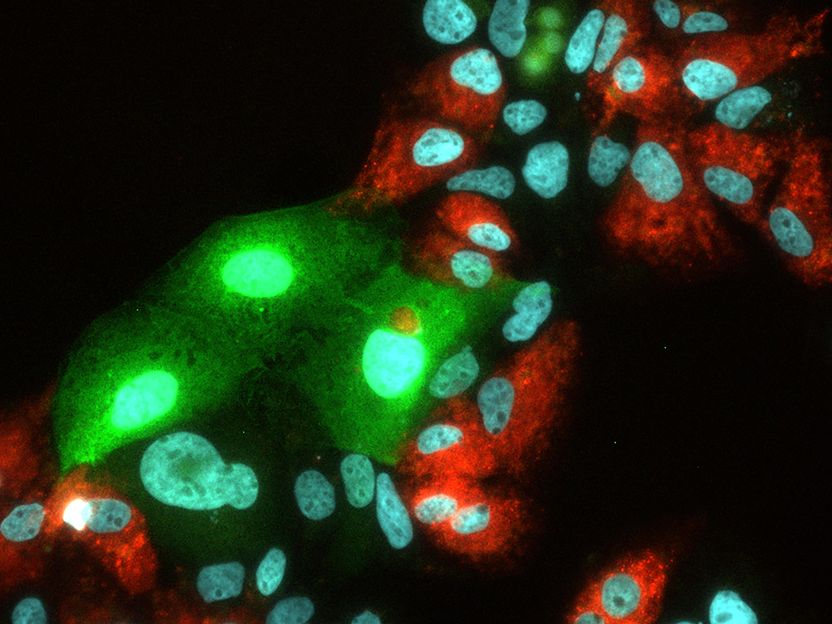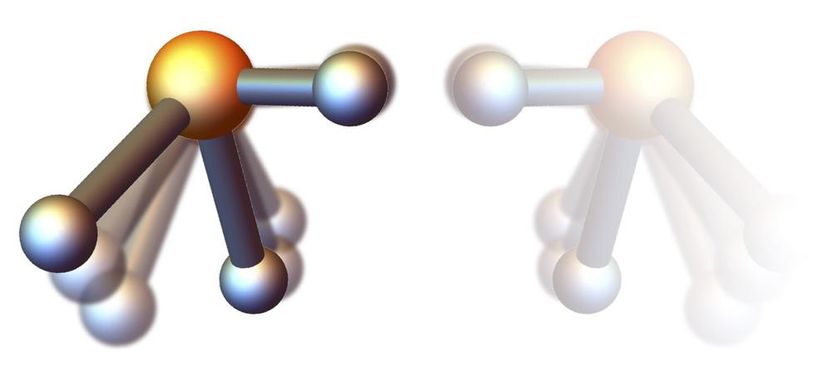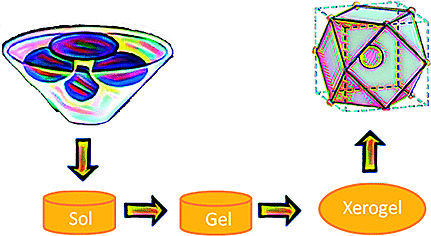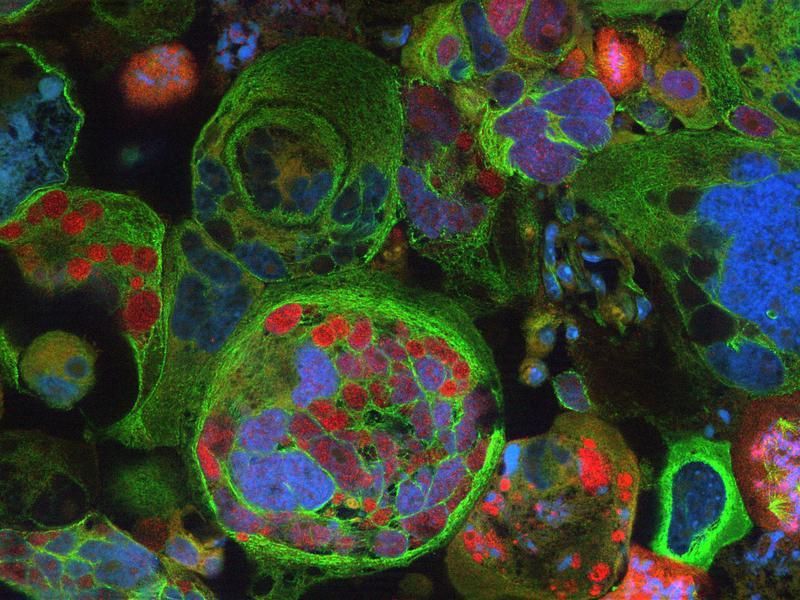Livatag follow up demonstrates significant survival increase in advanced hepatocellular carcinoma patients
BioAlliance Pharma SA announced the update of its preliminary positive survival data with Livatag® (doxorubicin Transdrug™).
Livatag® is a treatment presented in nanoparticles able to deliver doxorubicin in chemoresistant cells. Livatag® was granted an orphan drug status in Europe and in the United States. The product is being evaluated in patients (via hepatic intra-arterial route) with advanced hepatocellular carcinoma, described as highly chemoresistant. Hepatocellular carcinoma (primary liver cancer) is the third cause of cancer mortality worldwide.
BioAlliance Pharma phase II follow up results showed a median survival of 32 months for Livatag® group, as compared with 15 months for patients getting current best of care (TACE transarterial chemoembolisation with a cytotoxic drug). This significant 17 months difference in the median survival is the basis for strong renewed interest in the product while on clinical hold.
BioAlliance Pharma is also pleased to announce the successful development of proprietary new Intravenous administration of Livatag® validated in animal models, which reduces acute pulmonary adverse events that led to the clinical hold. Livatag® new administration rationale jointly with the survival benefit observed will be presented to the French Drug Agency by Q2 2011. The company intends to communicate the final complete data in a specialized international congress.
“We believe that these new achievements are paving the way for a constructive dialog with health authorities, taking into account the impressive survival benefit in this severe resistant disease. Livatag® is perfectly in line with our orphan product strategy and could be a significant value catalyst for the company” said Dominique Costantini, CEO of BioAlliance Pharma.
Most read news
Organizations
Other news from the department research and development
These products might interest you

Eclipse by Wyatt Technology
FFF-MALS system for separation and characterization of macromolecules and nanoparticles
The latest and most innovative FFF system designed for highest usability, robustness and data quality

DynaPro Plate Reader III by Wyatt Technology
Screening of biopharmaceuticals and proteins with high-throughput dynamic light scattering (DLS)
Efficiently characterize your sample quality and stability from lead discovery to quality control

Get the life science industry in your inbox
By submitting this form you agree that LUMITOS AG will send you the newsletter(s) selected above by email. Your data will not be passed on to third parties. Your data will be stored and processed in accordance with our data protection regulations. LUMITOS may contact you by email for the purpose of advertising or market and opinion surveys. You can revoke your consent at any time without giving reasons to LUMITOS AG, Ernst-Augustin-Str. 2, 12489 Berlin, Germany or by e-mail at revoke@lumitos.com with effect for the future. In addition, each email contains a link to unsubscribe from the corresponding newsletter.
Most read news
More news from our other portals
Last viewed contents

Giant snails as pets can be dangerous - They are both scary and fascinating at the same time. Giant snails are becoming increasingly popular as pets. Now researchers are warning

I was here first! This is how hepatitis C inhibits hepatitis E - A single protein from one virus can prevent infection with another virus in cell culture
ORYX Presents Positive Phase I/IIa Data with Therapeutic Vaccine MicOryx

A new path through the looking-glass - Innovative experimental scheme can create mirror molecules
MIT biologists find that restoring the gene for cancer protein p53 slows spread of advanced tumors
Domainex to Invest in its Drug Discovery Services and Internal Oncology Pipeline in 2011

For a Better Contrast - Rare earth orthoferrite LnFeO3 nanoparticles for bioimaging

A novel textile material that keeps itself germ-free

Gene identified that could help prevent or delay onset of Alzheimer's disease - Boosting ABCC1 could lessen the production of plaque linked to Alzheimer's development





















































